“Good branding is like a prescription that can cure your medical practice’s visibility woes.” – Unknown
In today’s competitive healthcare industry, medical practitioners and practice owners always search for effective strategies to enhance their reputation and visibility. One such strategy that holds immense potential is medical practice branding. Branding in the medical field goes beyond simply having a logo or tagline; it encompasses patients’ entire experience and perception when interacting with a medical practice. This comprehensive guide will explore the various aspects of branding and highlight its importance in positively impacting medical practices. From building a brand image to differentiating practices, we will discuss effective branding strategies for healthcare professionals and the important impact branding has on patient satisfaction, reputation management, and promoting medical practices. Moreover, we will delve into the role of online presence, trust-building, and effective communication in successful medical practice branding, ultimately aiming to establish brand recognition and loyalty in the healthcare industry.
Understanding the Importance of Branding
Branding is significant in shaping the perception of medical practices. It builds patient trust, credibility, and familiarity, differentiating practices from competitors. Branding establishes a strong and recognizable reputation by attracting new patients and fostering loyalty. Through strategic marketing, identity, messaging, and communication, medical practices can enhance the patient’s experience, promote their course, and cultivate brand loyalty.
Defining Brand Identity for Medical Practices
Brand identity encapsulates medical practices’ core values, mission, and vision, establishing their unique personality and market positioning. It plays a vital role in creating a solid and lasting impression on patients and fostering differentiation in the healthcare industry. Building a reputable brand identity instills trust, emphasizing effective communication and consistency. A cohesive visual identity, including a distinctive logo, tagline, and brand message, enhances the patient experience and promotes brand recognition. Medical practices gain a competitive advantage in the market by understanding their target audience and leveraging a well-defined brand identity.
Crafting a Memorable Logo and Tagline
Crafting a Memorable Logo and Tagline is essential for a medical practice’s brand identity. A well-designed logo and catchy tagline serve as visual and verbal representations, leaving a lasting imprint in patients’ minds. The logo should be simple, memorable, and reflect the practice’s values. At the same time, the tagline should be concise and convey the essence of the practice’s messaging. The logo enhances visual appeal and facilitates brand recognition by combining creative concepts, unique symbols, typography, color palette, and other graphic elements. The tagline’s concise messaging creates an emotional connection and portrays professionalism. Consistency in their usage throughout the branding strategy helps establish market positioning and engage the target audience. Investing in a well-crafted logo and memorable tagline shows a strong brand identity for medical practices, fostering recognition and connecting with patients.
Establishing a Consistent Visual Identity
Creating a solid and recognizable brand requires consistency in visual elements such as color palette, typography, and imagery. A cohesive visual identity across various touchpoints, including websites, brochures, and social media, is essential for conveying professionalism and fostering recognition among patients. By adhering to brand guidelines and maintaining consistency in logo usage, design elements, and brand messaging, medical practices can shape their brand image, enhance brand perception, and deliver a cohesive user experience. Consistent visual identity ensures that creative assets and marketing materials align with the desired brand image, reinforcing brand recognition and establishing a strong presence in the healthcare industry.
Developing a Compelling Brand Story
Brand storytelling plays a vital role in fostering meaningful connections between medical practices and their patients. By crafting a compelling narrative, practices can engage patients emotionally, building trust and establishing a strong connection. A values-driven approach and a focus on the unique journey of the practice create differentiation and authenticity. Through impactful storytelling techniques, such as patient-centered narratives and empathetic storytelling, practices can resonate with patients emotionally, forging meaningful and lasting connections. The practice’s identity, values, and impact are effectively communicated through a memorable narrative, allowing the practice to connect with patients, build rapport, and create standout messaging that leaves an impactful impression.
Creating a Patient-Centric Brand Experience
Delivering an exceptional brand experience that revolves around the needs and preferences of patients is a crucial aspect of successful branding for a practice. Every interaction, from the first phone call to the post-appointment follow-up, should reflect the practice’s values and prioritize patient comfort. By creating a positive and memorable experience tailored to the patient, a practice can build a patient-centric brand that fosters trust and loyalty.
Leveraging the Power of Social Media
Social media platforms offer medical practices a powerful tool to engage with patients and amplify their brand message actively. By sharing informative and engaging content, practices can build a thriving online community, share valuable insights, and position themselves as trusted authorities in the healthcare industry. Social media is pivotal in branding, marketing, and patient engagement, enabling practices to establish a strong online presence. With a well-defined social media strategy, practices can harness the benefits of digital marketing, enhance communication, boost brand awareness, and manage their reputation effectively. Furthermore, social media serves as a platform for patient education, facilitating online reputation management and fostering networking opportunities within the healthcare community
Pros and Cons of Social Media in Healthcare
Social media has brought both advantages and challenges to the field of healthcare. On the positive side, it provides opportunities for patient engagement, information sharing, health education, community building, networking, rapid communication, research collaboration, public health campaigns, and increased brand visibility. It also enables data collection for improvement and a better understanding patient expectations. Privacy risks, security breaches, information overload, the spread of misinformation, online harassment, professional boundaries, ethical dilemmas, time management, legal concerns, and the need to effectively manage patient expectations are all aspects that require careful attention and consideration. By balancing the benefits and challenges, healthcare professionals can navigate social media to maximize its advantages while minimizing potential risks.
Implementing Local SEO for Medical Practices
Medical practices should prioritize local search engine optimization (SEO) to enhance online visibility within their local communities. This involves optimizing website content and creating location-specific landing pages to target geo-targeted keywords. Managing online directories, reviews, and maintaining NAP (Name, Address, Phone Number) consistency is crucial in improving local search rankings. Mobile optimization, adherence to local search algorithms, and schema markup implementation are essential for on-page SEO. Off-page SEO strategies such as local link building and social media optimization further contribute to a practice’s local online presence. Conducting keyword research and utilizing tools like Google My Business can aid in effective local SEO implementation for medical websites, ultimately driving more targeted traffic and increasing visibility within the local market.
· Local SEO for Medical Professionals
Doctors, physicians, and other healthcare providers can significantly benefit from implementing local SEO strategies to enhance their online visibility and attract more patients within their local area. By optimizing their online profiles, including medical specialties and services, and acquiring positive patient reviews, medical professionals can increase their local search rankings and improve their online presence. Leveraging local keywords and ensuring inclusion in medical directories and local listings further enhances their visibility. A well-optimized medical website and practical local marketing efforts can increase patient acquisition and successful local patient outreach. Implementing medical SEO optimization tailored to the local market is a valuable strategy for medical professionals aiming to thrive in their local communities.
· Local SEO for Doctors
Doctors can utilize effective local SEO strategies tailored to their needs to establish a robust online presence. Optimizing their medical website, including doctor-specific keywords and relevant content, can boost local search rankings and improve online visibility within their target area. Managing doctor directory listings, obtaining positive patient reviews, and implementing reputation management techniques are essential for enhancing local patient engagement and building a strong healthcare online reputation. Engaging in medical content creation, leveraging social media platforms, and utilizing local search optimization techniques further contribute to successful local search engine optimization for doctors. By implementing these strategies and availing doctor SEO services, doctors can enhance their local search rankings, increase their online visibility, and effectively market their medical practice within their local community.
Conclusion
In conclusion, effective branding strategies can significantly enhance the reputation and visibility of medical practices. By developing a solid brand identity and crafting a compelling brand story, practices can create a patient-centric brand experience that fosters trust and attracts new patients while building long-term loyalty. Leveraging the power of social media and implementing local SEO with the support of a reliable SEO company further amplifies a practice’s online presence. Embracing comprehensive branding strategies is a valuable investment that can drive success in today’s competitive healthcare landscape. To learn more about these effective branding strategies for medical practices, please visit our website at www.infusionhealthcorp.com.

